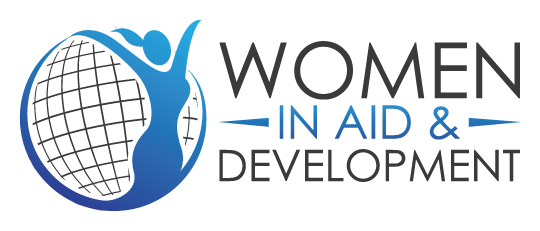In the diverse and complex world of aid, development, and humanitarian work, we must understand the concept and importance of intersectionality and how people’s lives are shaped by their identities, relationships, and social factors. These create intersecting forms of privilege and oppression depending on a person’s context and existing power structures such as patriarchy, ableism, colonialism, imperialism, homophobia, and racism.
Intersectionality acknowledges that every individual has their own unique experiences of discrimination and oppression arising from multiple identities that intersect and interact with one another and can marginalise them – ethnicity, gender, race, class, marital or employment status, caste, religion, weight, location, physical appearance, sexual orientation, physical ability, etc.
Embracing intersectionality in the sector requires an understanding of how proposed projects and programs may deepen inequities, or lead to specific forms of marginalisation that are not captured by a single characteristic and finding intersectional approaches in policy-making and service delivery that increase stakeholder collaboration and are designed to improve equity and transform social structures.
Join our events to hear from speakers who will share their practical experience in embedding intersectional approaches to programs and projects in the sector.
As usual, the night will involve a relaxed chat facilitated by WiAD City leaders with questions to follow, and it will be an excellent opportunity to network.
Everyone is welcome, so please share the event with your friends and colleagues. Speakers will be announced soon - sent us a suggestion.
Cost: $25 - Non-members, $10 - Students and unwaged, Free - Members of Women in Aid & Development
We welcome members of the QLD International Development Network (QIDN) and everyone is welcome, so please share details of the event with your friends and colleagues.
Speakers
Michelle Dunn
Michelle currently works in the UQ International Development unit as a Senior Manager, Business Development and Engagement, GEDSI and Advisory. She has over 30 years’ experience managing complex, multi-stakeholder projects in the public, private and university sectors. She is a project management, risk, leadership, and cross-cultural communication specialist with expertise in Gender, Peace, and Security and Pacific engagement.
Due to her diverse experience, she is able to visualise and impart innovative and ‘out of box’ thinking and solutions in a broad range of areas including project management, leadership, risk management, monitoring and evaluation, gender, and sustainability. She has a deep passion for supporting women to see their potential and understand that they are empowered creators of their world experience.
Michelle is particularly interested in Feminine Leadership, women and power relations and uncovering the unexpected and little-known triumphs that women have achieved throughout HIStory and reframing them into empowering anecdotes of HERstory.
In her role at UQ role she has also been Course Designer/Leader of the online Women in Executive Leadership Development (WELD) short course (Mongolia) 2021 and the In-Australia Component of the Women’s Leadership Program (Mongolia) in 2023 and has been the GEDSI Advisor for the Pacific Fisheries Leadership Programme.
Michelle completed her PhD in 2016 titled: ‘You will go far but no further’: Applying a gendered lens to the Women, Peace and Security Agenda in post-conflict Liberia, which had a central argument that the way gender is constructed in WPS policy, at the global, national, and local levels, can enable and constrain its practical outcomes within the post-conflict context. As part of her research, she developed the three-legged Gender Stool analytical approach where each leg of the stool represents a different gender perspective (gender-as-equality; gender-as-difference; gender-as-diversity) based upon the feminist equality/difference debates and the emergence of a diversity/intersectional approach. As an analytical tool, the gender stool demonstrates how sites of gender inequality are addressed in distinctive ways, depending on which gender perspective informs the individual policy clauses and the strategies for their implementation.

